Sugar Act Drawing
Sugar Act Drawing - To maintain the army and repay war debts, parliament decided to impose charges on colonial trade. The sugar act was a piece of british legislation passed in april 1764. The sugar act actually lowered the tax on molasses but added taxes to other goods. Before diving into the specifics of the sugar act, it’s crucial to provide your students with a broader understanding of the historical context. Web the sugar act of 1764. The sugar act was, therefore, one of the sparks of the american revolution. The sugar act served as a revenue raising act, passed by great britain to tax sugar and other goods to pay for the seven years war. It was passed by parliament on april 5, 1764, and replaced by the revenue act of 1766. This tax was enforced in the colonies, as they were needed to pay for. Web sugar act, (1764), in u.s. The act also listed more foreign goods to be taxed including sugar, certain wines, coffee, pimiento, cambric and printed calico, and further, regulated the export of lumber and iron. Web on august 5, 1764, britain passed the sugar act, which extended the molasses act of 1733. It passed the sugar act, imposed duties on foreign wines, coffee, textiles, and indigo. The plantation act, also known as the sugar act, was the first of the revenue acts to be passed, on april 5, 1764. Web with this lesson plan, your students are going to learn about the sugar act and its impact on the buildup to the american revolution. Web the sugar act which was enforced in april 5th of 1764. The act said that the prices on molasses and syrups would be raised. Web the sugar act of 1764 was in effect for about two years. It quotes liberally from the law itself as well as from pamphlets and letters of the ministers and. The purpose of the sugar act, which was designed by prime minister george grenville , was. Web the sugar act which was enforced in april 5th of 1764 was a law passed by parliament that placed tax on sugar, molasses, and various other products shipped to the colonies. Web sugar act, (1764), in u.s. This law was passed because of the same purpose as the stamp act, to help pay for england's debt. In the words. The act also imposed new taxes on several other imported foreign goods while further restricting the. The act also listed more foreign goods to be taxed including sugar, certain wines, coffee, pimiento, cambric and printed calico, and further, regulated the export of lumber and iron. Web sugar act and the american revolution by ken shumate (yardley, pa.: The main purpose. Web sugar act and the american revolution by ken shumate (yardley, pa.: A good part of the reason was that a significant portion of the colonial economy during the seven years' war was involved with supplying food and supplies to the british army. Web in this article, we will provide helpful tips and resources to effectively teach your students about. Web the sugar act was passed by parliament on 5 april 1764, [1] and it arrived in the colonies at a time of economic depression. In the words of one historian, it brought a “new realism to the regulation of foreign trade in america.” This law was passed because of the same purpose as the stamp act, to help pay. The sugar act of 1764 was a law enacted by the british parliament intended to stop the smuggling of molasses into the american colonies from the west indies by cutting taxes on molasses. The plantation act, also known as the sugar act, was the first of the revenue acts to be passed, on april 5, 1764. Web the sugar act. Sugar art is pretty popular with children, but it’s beautiful enough to intrigue just about anyone. It passed the sugar act, imposed duties on foreign wines, coffee, textiles, and indigo imported into the colonies, and expanded the customs service. Web choose from 161 sugar act stock illustrations from istock. This law was passed because of the same purpose as the. Web the sugar act (4 george iii c. Web the sugar act of 1764 was in effect for about two years. A british cartoon lampooning opponents to the sugar act. Before diving into the specifics of the sugar act, it’s crucial to provide your students with a broader understanding of the historical context. Web choose from 161 sugar act stock. The sugar act actually lowered the tax on molasses but added taxes to other goods. Web in this article, we will provide helpful tips and resources to effectively teach your students about the sugar act for kids. 15) the sugar act [8] was, before anything else, an act of renewal, amending and making perpetual the molasses act. Web the sugar act (4 george iii c. Web on august 5, 1764, britain passed the sugar act, which extended the molasses act of 1733. To maintain the army and repay war debts, parliament decided to impose charges on colonial trade. Web the sugar act of 1764. Web choose from 161 sugar act stock illustrations from istock. A good part of the reason was that a significant portion of the colonial economy during the seven years' war was involved with supplying food and supplies to the british army. It was passed specifically to increase revenue collected from the american colonies, in order to fund their defence and regulation. It was passed by parliament on april 5, 1764, and replaced by the revenue act of 1766. Like other books by shumate, is tightly focused. The british parliament passed this so they could gain back the money they lost from the war. It quotes liberally from the law itself as well as from pamphlets and letters of the ministers and. The plantation act, also known as the sugar act, was the first of the revenue acts to be passed, on april 5, 1764. Web with this lesson plan, your students are going to learn about the sugar act and its impact on the buildup to the american revolution.
The Sugar Act by Ms.De Marco
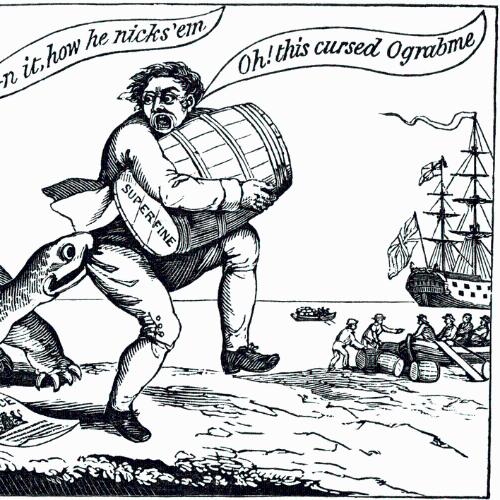
The Sugar Act Of 1764 Drawings

Sugar Act Easy Drawings Sketch Coloring Page
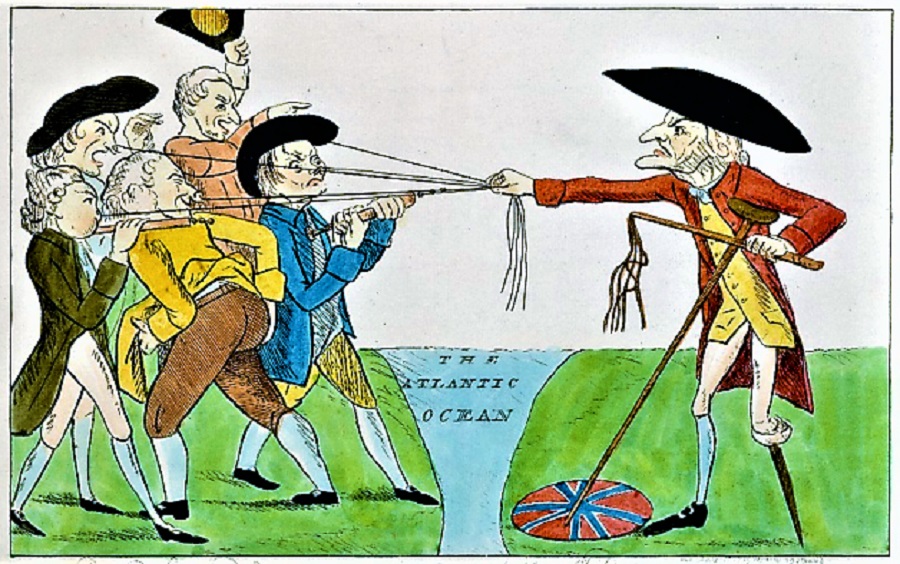
The Sugar Act Of 1764 Drawings
Road to Revolution Presentation History
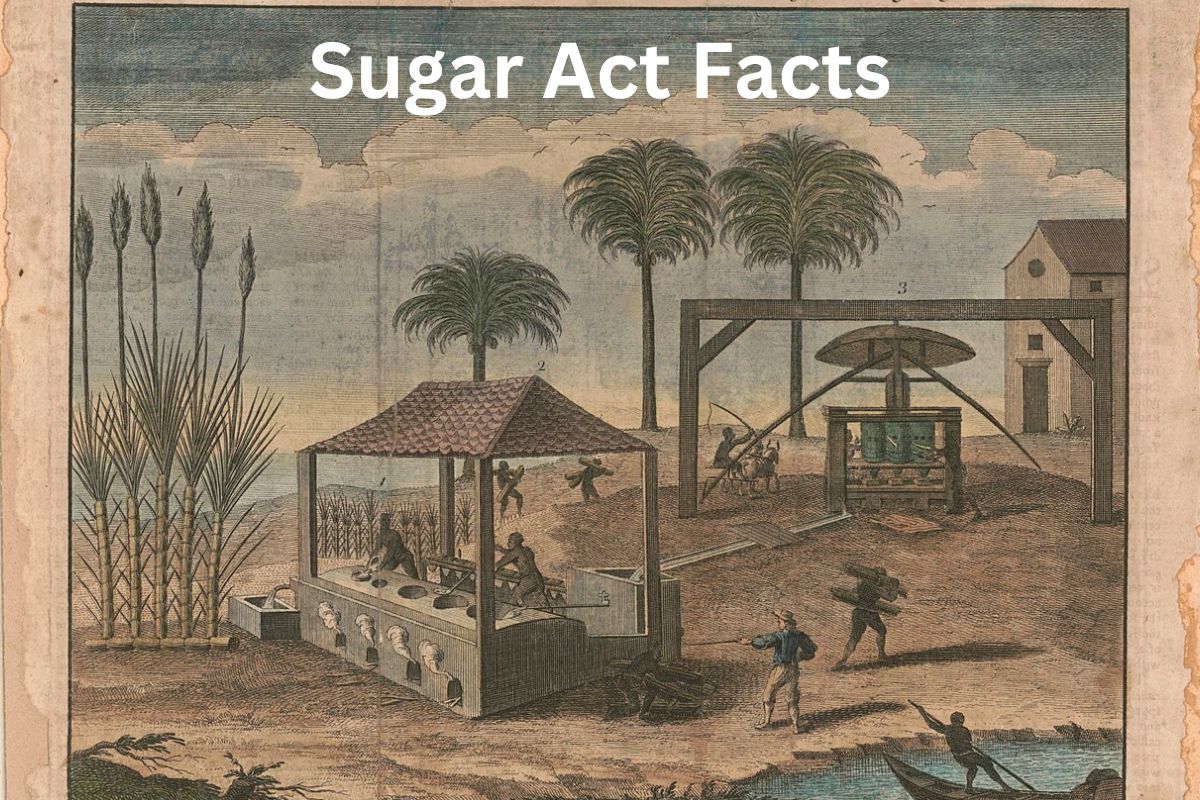
10 Sugar Act Facts Have Fun With History
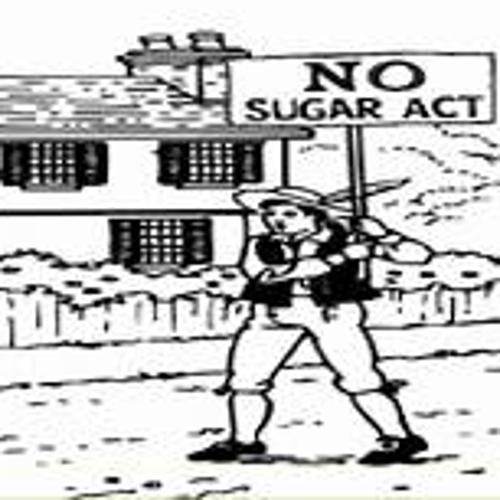
The Sugar Act Of 1764 Drawings

Sugar Act Easy Drawings Sketch Coloring Page
/boston-harbour-3094968-85de5e4727ec426cba27e4656b2f5f75.jpg)
Sugar Act Cartoon Drawing canvastitmouse
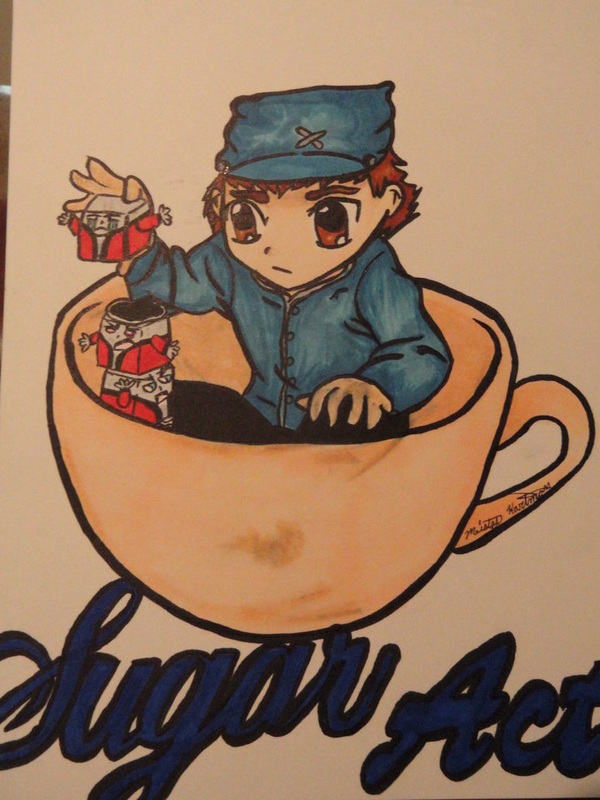
Sugar Act Early American History Through 1865
The Act Also Listed More Foreign Goods To Be Taxed Including Sugar, Certain Wines, Coffee, Pimiento, Cambric And Printed Calico, And Further, Regulated The Export Of Lumber And Iron.
In The Words Of One Historian, It Brought A “New Realism To The Regulation Of Foreign Trade In America.”
The Act Said That The Prices On Molasses And Syrups Would Be Raised.
An Act For Granting Certain Duties In The British Colonies And Plantations In America;
Related Post:
.PNG)